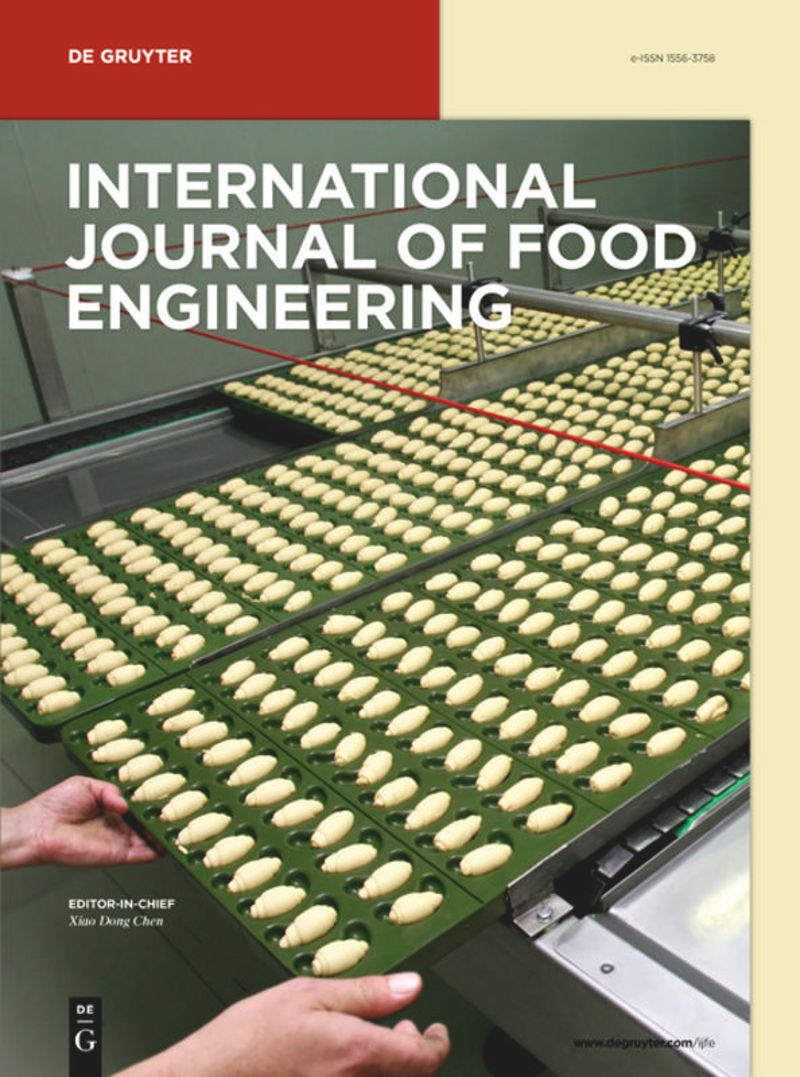Application of alginate polymer films and coatings incorporated with essential oils in foods: a review of recent literature with emphasis on nanotechnology
IF 1.4
4区 农林科学
引用次数: 0
Abstract
Abstract Food waste is one of the major challenges in food safety and finding a solution for this issue is critically important. Herein, edible films and coatings became attractive for scientists as they can keep food from spoilage. Edible films and coatings can effectively preserve the original quality of food and extend its shelf life. Polysaccharides, including starch and cellulose derivatives, chitosan, alginate and pectin, have been extensively studied as biopackaging materials. One of the most interesting polysaccharides is alginate, which has been used to make edible films and coatings. Incorporating essential oils (EO) in alginate matrices results in an improvement in some properties of the edible packages, such as antioxidant and antimicrobial properties. Additionally, the use of nanotechnology can improve the desirable properties of edible films and coatings. In this article we reviewed the antimicrobial and antioxidant properties of alginate coatings and films and their use in various food products.海藻酸盐聚合物薄膜和与精油结合的涂层在食品中的应用:以纳米技术为重点的最新文献综述
摘要食品浪费是食品安全面临的主要挑战之一,找到解决这一问题的方法至关重要。在这里,可食用的薄膜和涂层对科学家来说很有吸引力,因为它们可以防止食物变质。可食用的薄膜和涂层可以有效地保持食品的原始质量并延长其保质期。多糖,包括淀粉和纤维素衍生物、壳聚糖、海藻酸盐和果胶,作为生物包装材料已被广泛研究。最有趣的多糖之一是海藻酸盐,它已被用于制造可食用的薄膜和涂层。在海藻酸盐基质中加入精油(EO)可以改善可食用包装的一些性能,如抗氧化和抗菌性能。此外,纳米技术的使用可以改善可食用薄膜和涂层的理想性能。本文综述了海藻酸盐涂层和薄膜的抗菌和抗氧化性能及其在各种食品中的应用。
本文章由计算机程序翻译,如有差异,请以英文原文为准。
求助全文
约1分钟内获得全文
求助全文
来源期刊
CiteScore
3.20
自引率
0.00%
发文量
52
审稿时长
3.8 months
期刊介绍:
International Journal of Food Engineering is devoted to engineering disciplines related to processing foods. The areas of interest include heat, mass transfer and fluid flow in food processing; food microstructure development and characterization; application of artificial intelligence in food engineering research and in industry; food biotechnology; and mathematical modeling and software development for food processing purposes. Authors and editors come from top engineering programs around the world: the U.S., Canada, the U.K., and Western Europe, but also South America, Asia, Africa, and the Middle East.

 求助内容:
求助内容: 应助结果提醒方式:
应助结果提醒方式:


